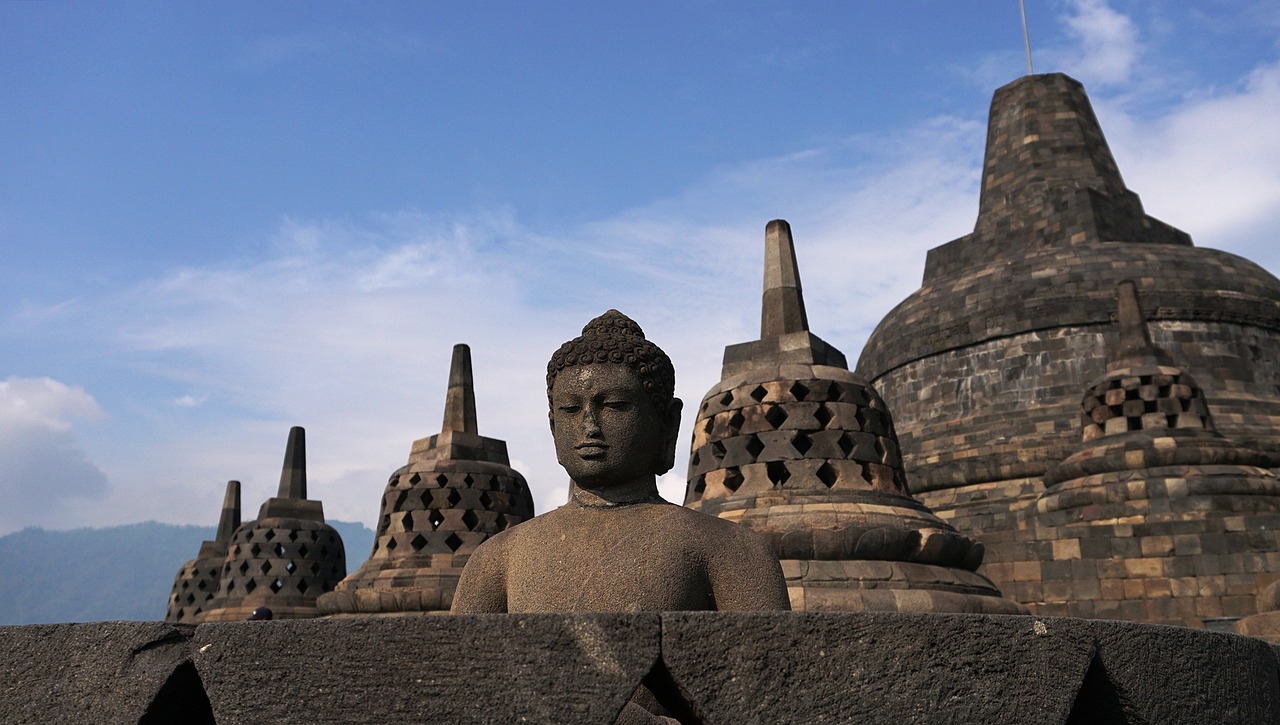Cultural Sensitivities: Understanding Local Norms in Indonesia
Indonesia, a diverse archipelago in Southeast Asia, is known for its rich cultural heritage and vibrant traditions. As a traveler or expatriate in Indonesia, it is essential to understand and respect the local norms and cultural sensitivities of the country. This article aims to provide a comprehensive guide to navigating Indonesian culture, highlighting key aspects of etiquette, customs, and traditions.
Religion and Spirituality
Indonesia is the world’s largest Muslim-majority country, with Islam being the dominant religion. However, the country also embraces other major religions such as Christianity, Hinduism, Buddhism, and Confucianism. It is crucial to respect and be mindful of religious practices and customs when visiting religious sites, such as mosques, temples, and churches. Modest attire is often expected, and it is customary to remove your shoes before entering these places of worship.
- Prayer Times: Muslims in Indonesia adhere to five daily prayer times. Respectful behavior during these times includes keeping noise levels to a minimum and avoiding any disruptive activities near mosques or prayer areas.
- Fasting: During the holy month of Ramadan, Muslims fast from dawn to sunset. It is polite to refrain from eating, drinking, or smoking in public during fasting hours, especially in areas with a predominantly Muslim population.
- Offerings and Rituals: In Hindu and Buddhist temples, it is customary to make offerings of flowers, incense, and sometimes food. Visitors should observe and respect these rituals without interfering or disturbing worshippers.
Greetings and Politeness
Indonesians place great importance on greetings and politeness in their daily interactions. Understanding the proper way to greet and address people is crucial in establishing positive relationships.
- Handshakes: Handshakes are a common form of greeting in Indonesia, especially in professional settings. However, it is polite to wait for the other person to initiate the handshake.
- Bowing: In Javanese culture, a slight bow or nod of the head is a respectful greeting. This is more commonly observed in rural areas.
- Respecting Elders: Indonesian society emphasizes respect for elders. When meeting someone older, it is customary to use respectful language and address them with appropriate titles, such as “Pak” for men and “Ibu” for women.
Personal Space and Body Language
Understanding personal space and appropriate body language is essential to avoid unintentionally causing offense or discomfort.
- Physical Contact: Indonesians generally have a smaller personal space compared to Western cultures. However, it is important to avoid excessive physical contact, especially with members of the opposite sex, unless you have established a close relationship.
- Pointing: Pointing with the index finger is considered impolite in Indonesian culture. Instead, it is better to use an open hand or gesture with your thumb.
- Feet: Feet are considered the lowest part of the body and are seen as unclean. It is polite to avoid pointing your feet directly at someone or using them to touch objects.
Food Etiquette
Indonesia is renowned for its diverse and flavorful cuisine. When enjoying Indonesian food or dining with locals, it is important to be aware of certain food etiquette practices.
- Using Right Hand: In Indonesian culture, it is customary to eat with your right hand, as the left hand is considered unclean.
- Sharing Dishes: Indonesian meals are often served family-style, with multiple dishes placed in the center of the table. It is polite to wait for the host or the eldest person to start eating before you begin.
- Accepting Offered Food: When offered food or drink, it is polite to accept, even if you only take a small portion. Refusing an offer can be seen as impolite.
Gender Roles and Dress Code
Indonesia has diverse cultural practices and beliefs regarding gender roles and dress code. It is important to be aware of these differences and respect local customs.
- Modesty: Modest attire is generally expected, particularly in rural areas and religious sites. Avoid wearing revealing clothing, and dress more conservatively, especially for women.
- Head Coverings: In some Muslim-majority areas, women may wear head coverings. It is respectful to follow local customs and wear a headscarf when entering mosques or conservative communities.
- Same-Sex Relationships: Public displays of affection between same-sex couples are generally not accepted in Indonesian society. It is advisable to exercise discretion and respect local norms.
Environmental Considerations
Indonesia is home to breathtaking natural landscapes and diverse ecosystems. As a responsible traveler, it is important to be mindful of the environment and contribute to its preservation.
- Littering: Avoid littering and dispose of waste properly. Many popular tourist destinations in Indonesia suffer from pollution, and it is crucial to minimize your impact.
- Protected Areas: Respect protected areas, national parks, and wildlife. Follow designated trails, avoid disturbing wildlife, and refrain from removing plants or animals from their natural habitats.
- Coral Reefs: When snorkeling or diving, practice responsible reef etiquette by not touching or standing on coral reefs. These delicate ecosystems are easily damaged.
Image 1

Local Traditions and Festivals
Indonesia is known for its vibrant festivals and cultural celebrations. Participating in these events allows visitors to experience the rich traditions of the country.
- Galungan and Kuningan: A Balinese Hindu festival celebrating the victory of good over evil. Temples are beautifully decorated, and locals wear traditional attire.
- Idul Fitri: Also known as Eid al-Fitr, this is a major Islamic festival marking the end of Ramadan. Indonesians celebrate with feasts, prayers, and visits to family and friends.
- Toraja Funeral Ceremony: In the Toraja region of Sulawesi, elaborate funeral ceremonies are held to honor the deceased. These ceremonies can last several days and involve traditional rituals and buffalo sacrifices.
Image 2

Etiquette in Public Spaces
When in public spaces, it is important to observe proper etiquette and respect the local customs and norms.
- Traffic and Transportation: Traffic in many Indonesian cities can be chaotic. Exercise patience and caution when crossing the road, and be respectful of local driving customs.
- Language: Learning a few basic Indonesian phrases can go a long way in establishing rapport with locals and showing respect for their culture.
- Noise Levels: Be mindful of noise levels, particularly in residential areas and places of worship. Avoid loud conversations and excessive noise, especially during prayer times.
Image 3

Conclusion
Understanding and respecting the cultural sensitivities of Indonesia is key to enjoying a meaningful and immersive experience in the country. By observing local customs, being aware of religious practices, and embracing the diversity of Indonesian culture, visitors can forge deeper connections and create lasting memories.
References
- traveloka.com
- indonesia.travel
- lonelyplanet.com
- cnnindonesia.com
- jakarta.go.id

